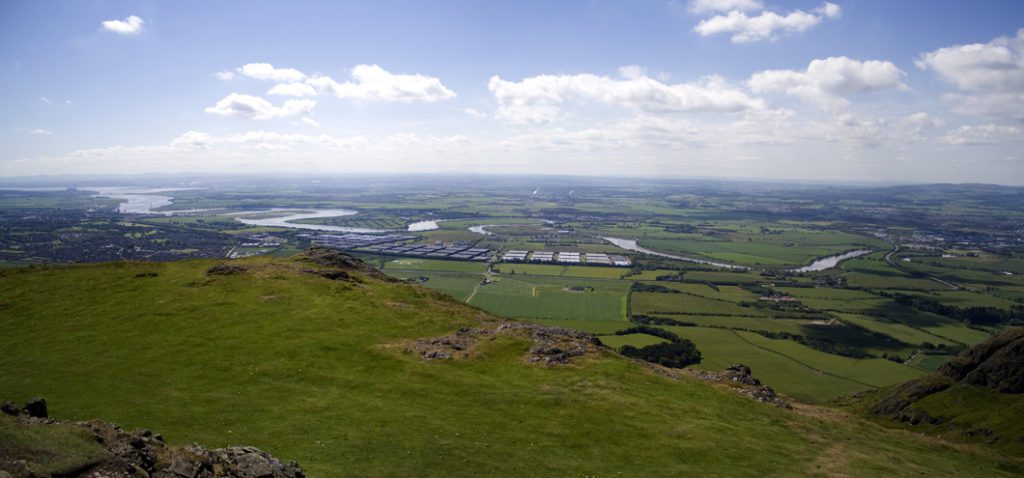
As the Scottish Government’s recent consultation on fracking closed on 31 May, opponents of the controversial oil and gas extraction method assembled outside the Scottish Parliament. Representatives of the Broad Alliance, Friends of the Earth and 38 degrees were also present, and handed over a petition with the support of 40,000 people, calling for an outright ban on fracking in Scotland.
Donald Campbell, Chair of the Broad Alliance, said: “The symbolic handover by the Broad Alliance of their submission to the Consultation on Unconventional Oil and Gas is the culmination of years of dogged determination and diligent research into this method of fossil fuel extraction. The submission states unequivocally that communities across the length and breadth of the country completely reject any form of Unconventional Oil and Gas Extraction. We call on the Minister to listen to the people of Scotland and ban it completely.”
The debate on fracking in Scotland is expected to intensify in the coming months as the Scottish Government prepares to make a recommendation to MSPs before the end of 2017.
On 11 May the organisation United Kingdom Onshore Oil and Gas (UKOOG), which represents the UK’s onshore oil and gas sector, called on the Scottish Government to lift its moratorium on fracking, which has been in place since January 2015. UKOOG said fracking would create £6.5 billion of investment in Scotland, with an additional £4bn in tax receipts, while also creating 3,100 jobs. It drew on data from the Scottish Government’s Economic Impact Assessment on fracking.
Quoted in The Scotsman, Ken Cronin, chief executive of UKOOG, said: “We recognise that as a result of a deeply polarised debate and an extremely unfair depiction by some of the onshore oil and gas industry there is still much to do to ensure local communities within the central shale belt have proper information.
However, it was unclear the extent to which UKOOG’s figures represented an optimistic reading of the Scottish Government document, which acknowledges the likely temporary nature of the jobs created, and the possibilities for negative environmental impacts as well as on industries like tourism and whiskey.
A report issued in 2014 by The British Geological Survey and DECC presented cautious assessments of the potential for shale extraction in the Midland of Scotland, citing geological and mineralogical factors that the authors’ believed resulted “in relatively high uncertainty” for shale gas and shale oil in the region.
A report issued by Common Weal, a leftwing campaigning and advocacy organisation in Scotland, on 1 June, argued that fracking could damage Scotland’s local economies, highlighting the short-term nature of any likely economic gains, and the likelihood they would dry up after the last drops of oil had been extracted.
The Irish Parliament voted to ban fracking on 30 May, joining other European countries France, Germany and the Netherlands, which have also voted against using the method.








